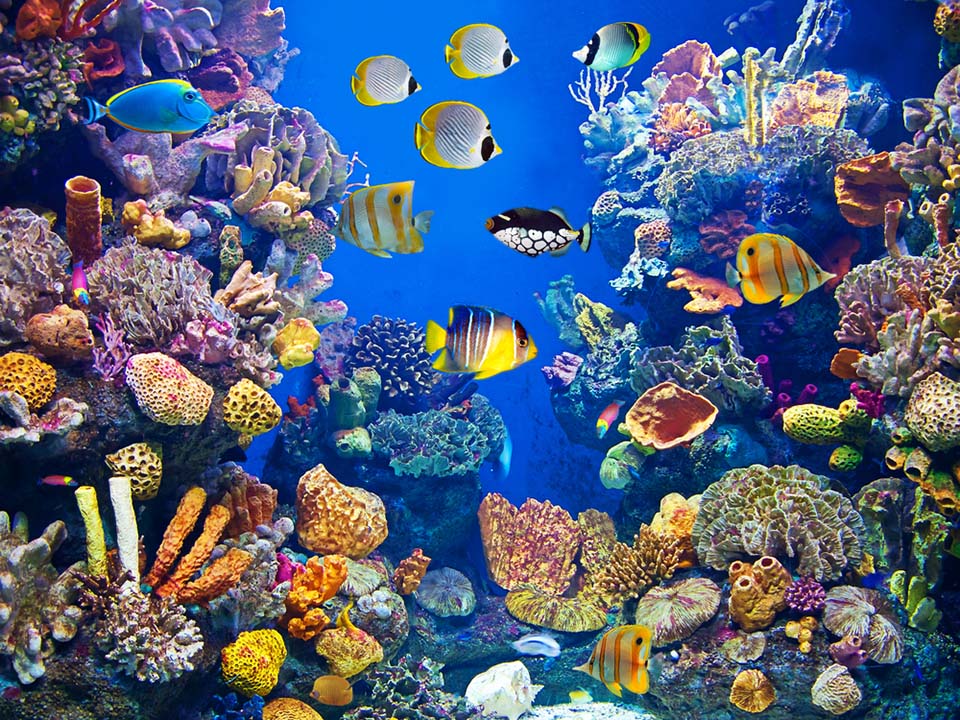Diversity – A Biological Phenomenon And A Philosophical Question

Diversity is a phenomenon that applies in nature as well as in the human culture that people developed in so many different ways across the globe all these years. As far as humanity is concerned diversity refers to the range of differences, including but not limited to race, ethnicity, gender, gender identity, sexual orientation, age, social class, physical ability or attributes, religious or ethical values system, national origin, and political beliefs.
However, it is common knowledge that it has its roots in nature. To put it in simple words, diversity is the variety we have the opportunity to experience in this world.
- How does nature create different species?
Darwin was the first to note that a certain species of birds was created when a team of birds detached from the rest of the group. Some birds probably accidentally left the rest of the company and moved on another island on their own.Their stay there was permanent and the birds continued to survive and reproduce for ages on that island. In the meanwhile, no interaction took place between the two groups of birds that still belonged in the same species. After thousands of years, the birds of the island developed certain characteristics that differentiated them from the initial species in order to adapt to the new environment.
The criterion that had to be completed was that the ”refugee birds” had to be in an isolated environment with no interaction with their ancestors. Isolation seems to be the key for new species to develop.
- When is a new species born?
Taking a look at humans, we notice that there are many races with unique characteristics that helped people survive in a hostile environment. For Example, people who lived in low temperatures had more hair on their bodies – to protect themselves from cold – in comparison to those who lived in warm climates. Does that mean that they are different species?Of course not! The point where we can talk about new species is related to reproduction. In the case of birds that we mentioned earlier, we realized which was the breaking point. Each generation develops more functional features. At this point, birds from the initial group can still intercourse with birds of the second group.
The result will be to give birth to birds again. However, – and this is where things get complicated the – these birds that will get born are not fertile. These birds will never be able to reproduce again and this is when we talk about a new species.
- Does nature like diversity?
Yes and no. It is obvious that since changes appear on each creature and diversity develops, it is something that nature wants and it is functional for life, but let’s see the other side. - The law of survival
Assume we are at the point where unique features and characteristics have been developed among the groups of a particular species and perhaps it is better to talk using examples.Consider people with blue eyes and people with black eyes. The main difference between these two groups is that blue eyes have less melatonin because humans lived for a long time in places where there was not much exposure to the sun so melatonin was useless. Since it was useless the bodies decreased the production of melatonin to focus on functions that were more crucial for survival. Nowadays, we know that black eyes are ”stronger” compared to blue eyes because of this extra melatonin that makes them less sensitive to sun exposure.
What happens now is that when people with black and blue eyes come together their kids have more possibilities to have black eyes and this is because this gene is stronger. Making a projection in the feature we will realize that blue eyes will disappear since they are ”weaker.” It is proven that the more species, tribes, races, and living creatures of different characteristics interact the more functional the offspring are. This applies to all genes in all species. We realize that the diversity that nature created will vanish once the conditions allow species to mix again and this will be for their own benefit.
It is, therefore, pointless to characterize diversity. We only understand that it is developed under certain conditions and can disappear as easily. A view on how it evolves in nature gives us food for thought about how it works on human civilization and how globalization tends to extinguish the diversity of cultures.
Bring the best of the CEOWORLD magazine's global journalism to audiences in the United States and around the world. - Add CEOWORLD magazine to your Google News feed.
Follow CEOWORLD magazine headlines on: Google News, LinkedIn, Twitter, and Facebook.
Copyright 2025 The CEOWORLD magazine. All rights reserved. This material (and any extract from it) must not be copied, redistributed or placed on any website, without CEOWORLD magazine' prior written consent. For media queries, please contact: info@ceoworld.biz








